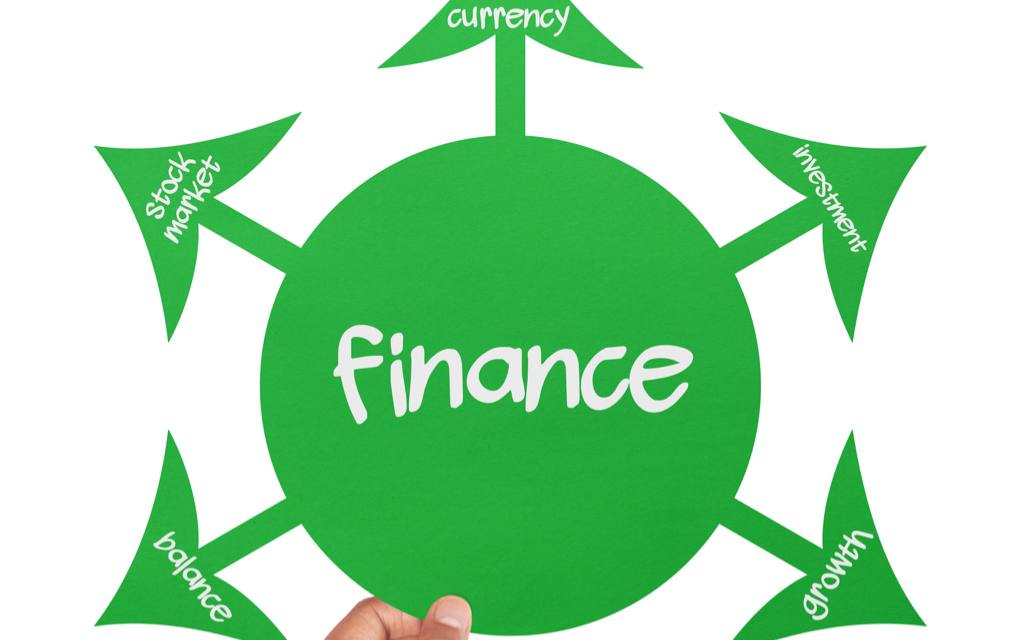How to Participate in the Day Trading ETF Market

If you're looking for a way to participate in the day trading market, you may want to consider buying an ETF. ETFs are a great way to invest in a particular stock, currency or bond without having to commit your own money. However, there are some things to be aware of before you purchase an ETF.
Table of Contents
ToggleiShares MSCI Emerging Markets ETF (EEM)
If you are an emerging markets enthusiast, you should consider iShares MSCI Emerging Markets ETF (EEM). This ETF is a passive money management product. It is designed to track the performance of the MSCI Emerging Markets Index. The MSCI index is an aggregate of publicly traded securities in emerging markets. Specifically, it comprises 1,386 constituents. Each of the countries within the index is represented by 85% of its free float-adjusted market capitalization.
The index is designed to offer investors exposure to the six factor groups that have historically demonstrated excess market returns. These groups include: currencies, financials, technology, energy, materials, and healthcare.
The MSCI index is not intended to be a recommendation or an advice to make investment decisions. Moreover, it is not a guarantee that an investor will be able to replicate its returns. Despite this, the index provides an overview of the performance
of emerging markets.
You can get a glimpse of the fund's performance by using the MSCI Factor Box. It provides an in-depth comparison of the absolute exposures of a number of benchmarks. The EEM Exchange Traded Fund tracks the MSCI Emerging Markets Net Total Return Index – USD. It also distributes dividends.
MSCI ESG Research LLC is a registered investment adviser under the Investment Advisers Act of 1940. This information is not for distribution, reproduction, or use without the prior written consent of MSCI. Similarly, information provided by other affiliates of MSCI and third party suppliers is not licensed for distribution.
Investors should not expect an EEM to outperform the S&P 500. The return is not guaranteed and is subject to volatility. Also, capital gain distributions may be period over period and will vary due to tax considerations.
Pattern day traders
The pattern day trader is a designation for investors who do more than the normal day trader. These traders make more than one “day trade” per business day, and may have to wait a bit before starting a new position.
While this distinction isn't universal, it does serve as a reminder that pattern day
traders are more likely to have more leverage in their trading, and more risk. This means they could lose a lot of money if the market moves against them. The rule was designed to prevent overly leveraged traders from profiting from the stock market. It is also intended to make traders think more about their trades.
To qualify as a pattern day trader, you must execute four or more day trades within five days. If you exceed this threshold, you will be restricted from making any more day trades for a period of 90 days. Some brokers allow you to have your account re frozen, or reset it to a zero balance, so that you can start making day trades again. You can also use a virtual money account to get an idea of how your broker handles your trades. However, it isn't a substitute for real trading.
A margin account allows you to borrow funds to make your trades. In order to keep your account in compliance, you must maintain a minimum of $25,000 in your account at all times. Traders can buy or sell stocks, options, or other securities using borrowed funds.
If you want to do some day trading, you should know the rules and regulations. Even a small mistake can cost you a lot of money.
Tax implications
When you invest in stock through an individual retirement account, your gains are
tax deferred. However, you will still have to pay taxes on the gains when you withdraw the money. If you want to avoid this, you can set up a Roth IRA. It does not
require you to hold the securities for a certain period of time, and you can withdraw
the money tax-free.
As a day trader, you will need to report your earnings and losses on a regular basis.
You must also keep a record of your original cost basis on your stocks. This is
referred to as mark to market accounting. Depending on your income level, you can
elect to include net capital gains or losses.
Most investors use market-tracking ETF options to day trade. These investments are
subject to the general tax rules, but may also be subject to exceptions. For example,
some ETFs invest in currencies, which are treated differently from other
investments.
In addition to the regular tax rate, you will have to pay a 25% tax on your short-term
trades. You can also avoid this by holding your securities for 30 days after you sell
them. The IRS also imposes penalties on people who are late in filing their tax
returns.
Day traders may run into complications with the IRS's complicated rules on capital
gains. They should seek the help of a professional accountant to avoid possible
penalties and investigations.
Long-term investors can take advantage of lower tax rates, which are not available
for day traders. Investors can also benefit from special tax treatments for certain
commodities and currencies.
Many traders are unaware of the tax advantages of a retirement account. This is
because many of the most popular trading platforms do not offer IRAs.
Olga Steiner
https://financeworld.io/!!!Trading Signals And Hedge Fund Asset Management Expert!!! --- Olga is an expert in the financial market, the stock market, and she also advises businessmen on all financial issues.